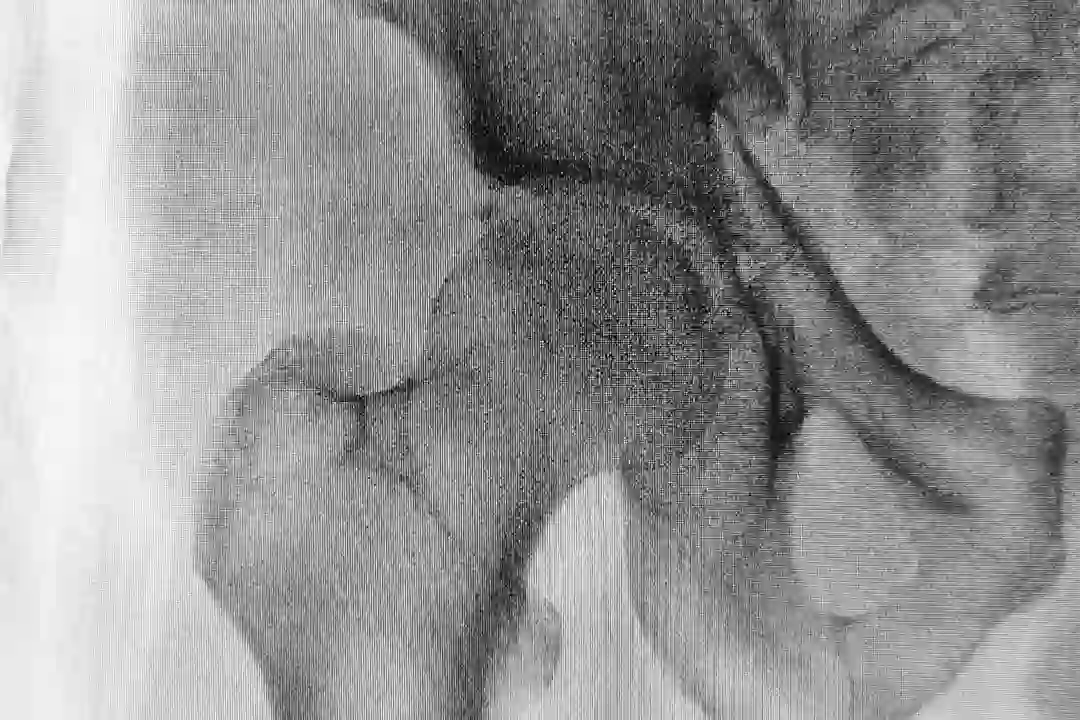
Cannabis May Help With Chronic Pelvic Pain
When we talk about chronic pain management, medical marijuana may be one of the first things that come to our mind. It has become the primary player fighting against chronic pain across the globe. Specifically, Cannabidiol (CBD) is becoming popular for treating various different pain conditions from sleep difficulty to epilepsy, anxiety, and all kinds of stressors.
However, many still question if there is an end to the cannabis plant’s benefits? The short answer is no! More research and studies are being conducted each day, due to the influx of countries and states in the U.S. decriminalizing and regulating the sale of cannabis for medical use. We only expect the list of benefits being researched and discovered to continue to grow with each passing day.
Medical Marijuana Plays a Crucial Role in CPP Treatment
To add to these benefits, medical marijuana has recently been found to play a crucial role in treating chronic pelvic pain (CPP). Chronic pelvic pain is a medical condition that affects the lowest part of the abdomen, between the belly button and the groin.
This is a common problem faced by at least one in every seven women across the U.S. Additionally, it poses a crucial challenge to patients and healthcare providers due to its complex nature, unclear causes, and poor response to therapy. Consequently, many patients suffering from acute CPP seem to have adopted cannabis consumption as an additional or an alternative measure to the widely accepted opioids. Surveys report that CPP patients experienced pain reduction when using medical cannabis. The patients also consider medical cannabis to be an effective treatment over opioids.
The endocannabinoid system is present in many parts of the body and is particularly dense around the female reproductive system. This fact stands to reason that cannabis may be highly effective in delivering pain reduction to the pelvic region. In addition, the fact that the vagina possesses a mucous membrane that can quickly absorb medicinal products allows these conditions to be treated directly at the source. This may make treating complications affecting the female reproductive system easier. However, it is essential to use quality products to ensure that further inflammation and irritation is not caused by the drug treatments used.
A related study exploring the use of cannabis for self-management of chronic pelvic pain found that, “a majority of CPP patients are using cannabis at least once every week. And most of them have found cannabis to be playing a positive part in improving their symptoms such as anxiety, depression, pain, muscle spasms, cramping, sleep difficulty, irritability, and libido. A total of 39% of patients stated that their overall clinical visits have massively dropped, while 35% said that the number of phone calls to their healthcare providers had seen a significant decline. “
Further research on the topic states, “regular cannabis consumption, despite causing side effects to some, has helped to improve CPP symptoms at large among most patients.”
Easy Access To Cannabis May Reduce The Demand for Opioids
Another research study available on this subject found that there was “a major reduction in the usage of opioids, declined visits of CPP patients to the emergency rooms and hospital admissions among those consuming medical marijuana in comparison to those with no cannabis consumption.”
Similarly, another study showcases behavioral economics evidence that states, “the increased accessibility of cannabis may result in the decrease of opioid demand.” This, in particular, would happen for the betterment of both CPP patients and care providers since opioids have been proven to be detrimental to human health in the long run. A survey conducted by the U.S. The Department of Health and Human Services stated that an estimated 42,000 deaths occurred in 2016 due to opioid overdose. The most devastating part of the study found that around 40% of these deaths involved an overdose on legally prescribed opioid medication.
Treat Your CPP With Professional Medical Marijuana Advice
Although patients with CPP have been treated with opioids for quite a long time now, most of them have found that opioid drugs cannot manage their pain and that a tolerance builds up to these types of medications – making the dose needed to control pain continually grow. Also, the side effects associated with the long-term usage of opioids are seen as one negative outcome swapped for another, in the patients’ minds and is not a real solution to the problem – only a temporary, and sometimes dangerous bandaid. Therefore, patients tend to be more attracted to replacing conventional opioids with medical cannabis for their treatment. However, the best way to treat your CPP with medical marijuana is to consult a professional medical marijuana doctor.
Getting in touch with an MMJ Health medical marijuana doctor in Florida is simple.
All you need to do is fill out the MMJ Health patient qualification test and find out if you’re eligible for the Florida medical marijuana card. Once you get the card, your professional cannabis consultation is just a call away! So, if you are suffering from CPP or you know someone who struggles with this disorder then get in touch with us today!